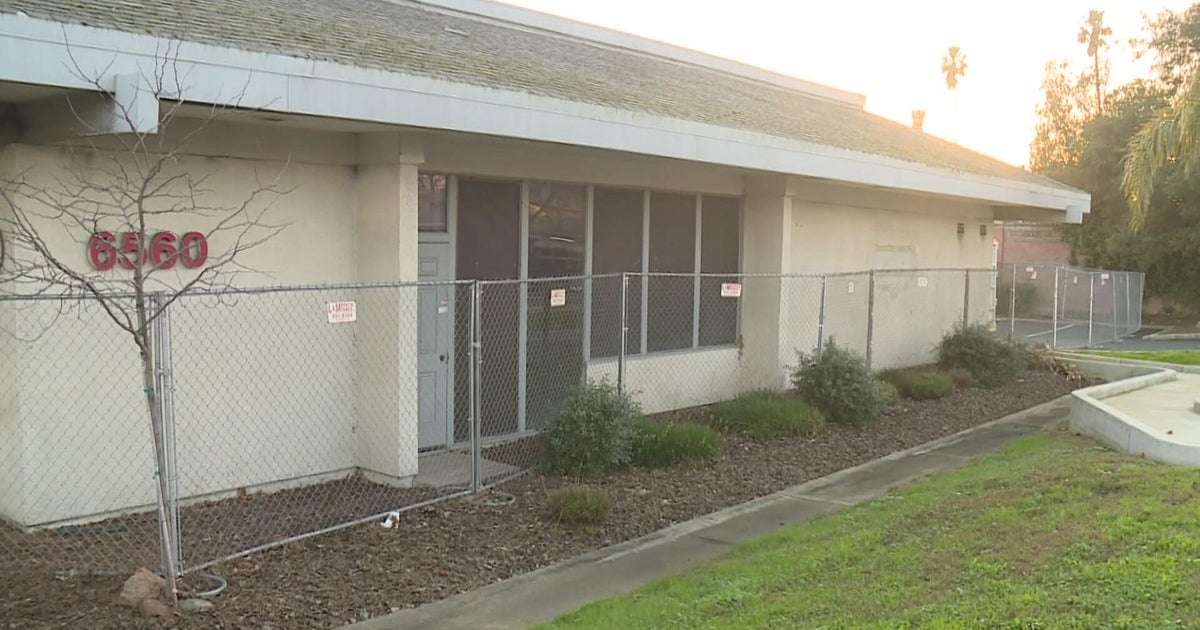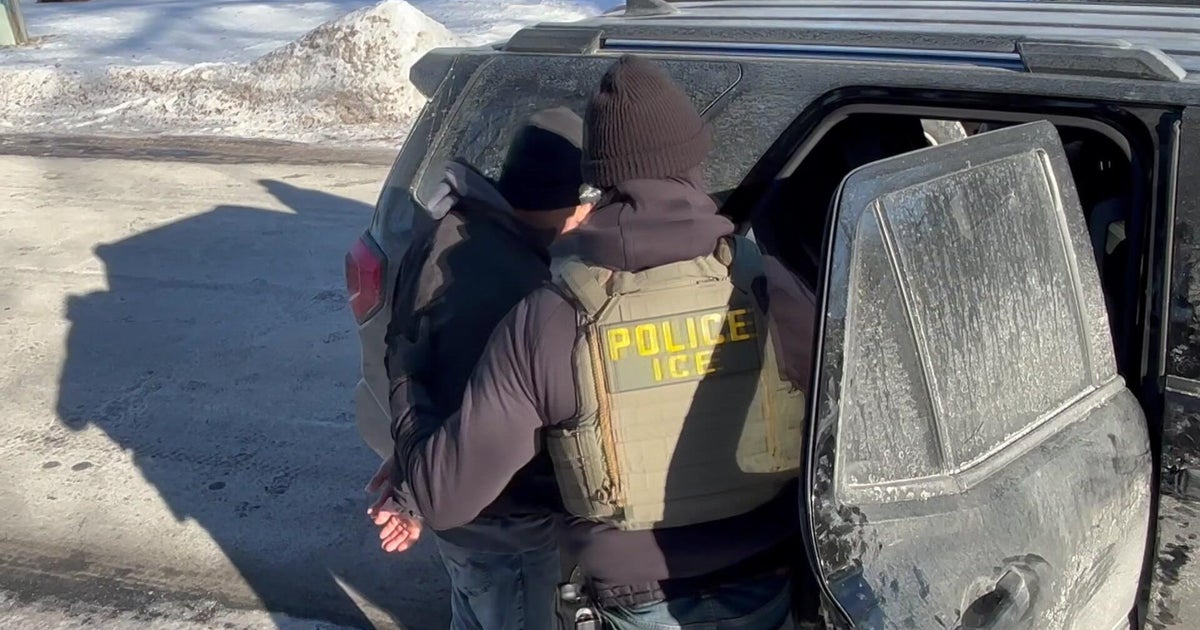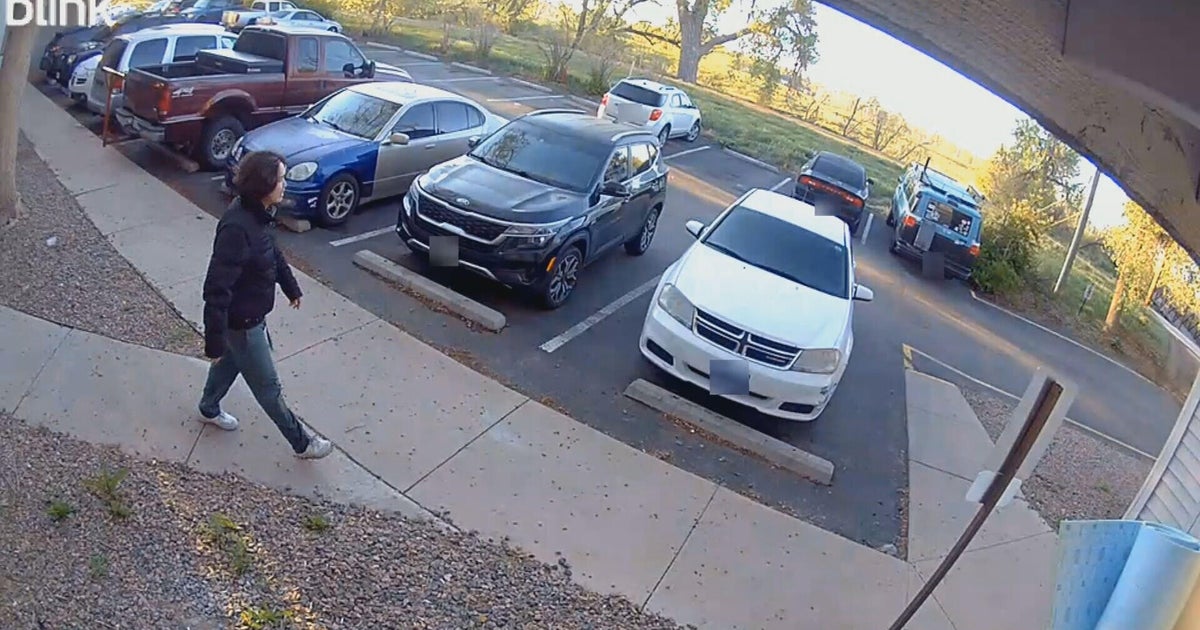What happens to your photos and videos when you die? How to keep memories after you're gone
There's no doubt that traditional photo albums are reminiscent of the 20th century, now a bygone era. In the 21st century, it's all about digital photos.
But, what happens to your digital photos when you're gone?
During this Thanksgiving week, when you'll most likely be snapping pictures, CBS13 and the Call Kurtis consumer investigative team are here with how to prepare.
No one wants to think about death. It's a somber topic that forces us to face our mortality. However, it's important to plan on what happens to your digital assets after you die.
Robin Gage of Citrus Heights is one example of someone who is being prepared. She has many of those 20th-century remnants known as photo albums – 65 in all, in fact. To go along with it, she also has boxes and boxes of photo slides.
Lots of colorful family memories that Gage cherishes, so much so that she has uber-prepared herself on where all these personal assets should go -- when it's her time to go.
We visited with Gage at home one afternoon as she flipped through pages and pages of her old photo albums, all of them labeled accordingly and neatly organized on a bookshelf in her family room. All of those photo albums, containing thousands upon thousands of memories.
"You can look at one photo and tell a story about it," Gage said. "And it stays in that photo."
More recent memories of Gage and her family are captured in digital pictures and videos, posted on social media and stored in the Cloud. To Gage, they're deeply personal memories that she wants to see last, well beyond her years.
"Once that photo is gone, then that memory isn't here and that person dies," she said. "It's gone."
What about Gage's digital images? What will happen to them? Will they die when she passes away?
"Knowing that would break my heart," she said. "It really would. All of this because my family is important to me."
CNET writer and editor Dick Wolny said it's important to protect your digital afterlife and ask yourself if your photos and videos are backed up to the Cloud. And, do you pay to store it there, and if so, how would your loved ones access them?
"We've got to get the word out about digital and end-of-life planning," Wolny said.
Without doing these steps, Wolny explained that everything will disappear – unless you plan and prepare.
"Ultimately, it disappears into the ether, into the depths of the Internet, never to be seen again," he said.
As for social media, Wolny recommends going into each account now and setting up an emergency contact or legacy contact and let the trusted person know how to access these accounts.
"It's actually one of the most loving things you can do," he said. "It's very similar to what you would do for a will in a trust, anyway."
It's certainly something Gage has thought about.
"Embrace technology and don't see it as a crutch or a hindrance," she said.
She has a book with pages of instructions for her family – everything they need to know to access her online accounts after she is gone. She has also backed up her thousands of digital images on hard drives and in the Cloud so that a lifetime of memories do not die with her.
"I trust my family to see to it that this gets taken down through generations and generations and generations," Gage said.
CBS13 and the Call Kurtis consumer investigative team have compiled an easy checklist for you to prepare for what happens to your digital assets after you pass away:
How to choose a legacy contact for your Facebook account
How to add a legacy contact for your Apple account
Reporting a deceased person's account on Instagram
How to prepare your online accounts for when you die
How to prepare your digital life for your death
Helpful information from Good Life Photo Solutions
Please remember that CBS13 is the only station in town with a team to go to bat for you. And, if you have a consumer problem you can't resolve, let us know about it by filling out our form.







